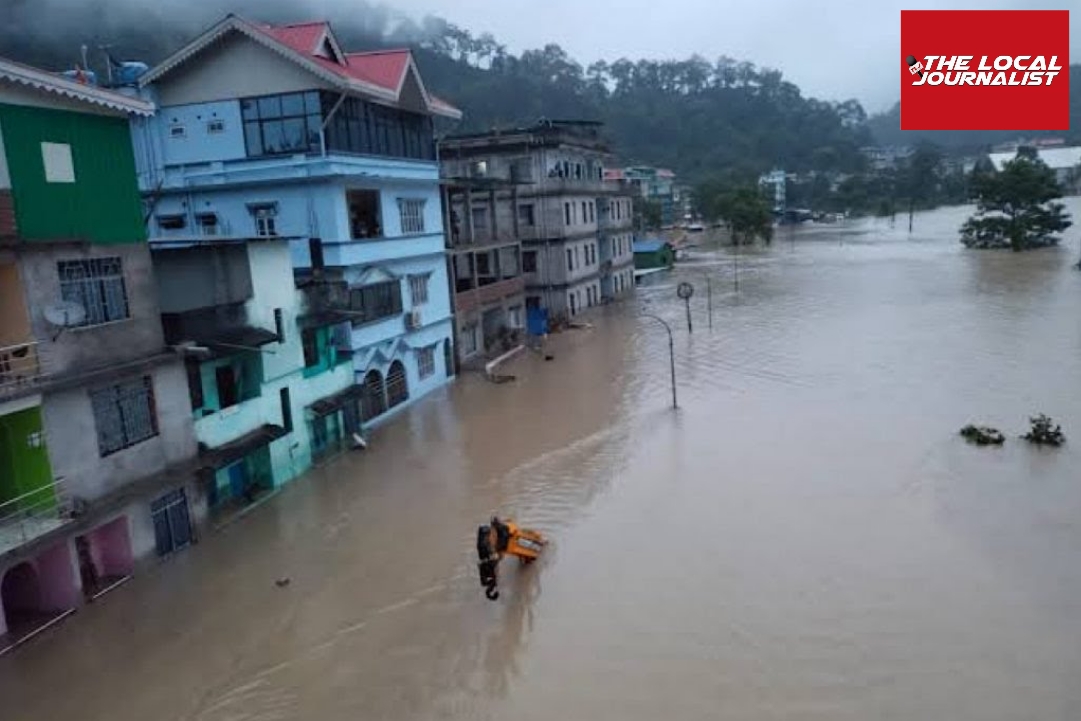
For engineers in the irrigation and waterways department, controlling silt build-up in the rivers of the Darjeeling, Jalpaiguri, and Alipurduar districts has grown more challenging.
Numerous rivers that originate in the Hills, like the Teesta, Santosh, Raidak, Torsa, and others, are experiencing worsening erosion due to silt accumulation.
The Teesta in the Hills is experiencing an issue with accumulation of silt which has eroded its right bank and damaged National Highway 10. In addition, the Teesta barrage, which serves a number of uses at Gajoldoba in Jalpaiguri, is proving to be difficult for engineers to manage.
Numerous rivers in low-lying areas are overflowing due to the ongoing rainfall in the Sikkim and north Bengal regions. As a result, officials from the appropriate authorities and those in charge of irrigation are proactively attempting to resolve the flood-like circumstances brought on by the rushing water from the surrounding hills.
Three rivers in the Alipurduar district—the Sankosh, Raidak, and Torsa—are now experiencing high water levels. But for yet, there’s no alert indicating any danger. Fortunately, Bhutan has not experienced a lot of rain, which may have made things worse. Rainfall from surrounding places is the primary source of water for the rivers. Authorities report that the district normally receives 3,786 mm of precipitation each year. It has had 2,700 mm of precipitation so far. The districts had 276 mm of rain in the last 24 hours alone.
A number of places, notably Bittimari, where the Sankosh river runs, are experiencing challenges for irrigation engineers due to the erosion of the banks along the Raidak.
Excavators have been used to clear the trash that has been coming down from Bhutan’s hill regions via numerous tributaries in the gramme panchayat areas of Jaigaon I and Jaigaon II. These excavators are putting in a lot of overtime to clear massive amounts of debris and protect the villages that lie downstream of these steep rivers. These tributaries ultimately feed into the Torsa river.
In order to dispose of the debris build-up in this region effectively, the irrigation department has started evaluating it. It should be noted that West Bengal Trading Corporation Ltd. and the Mineral Department are currently collecting debris in the region for commercial purpose.
